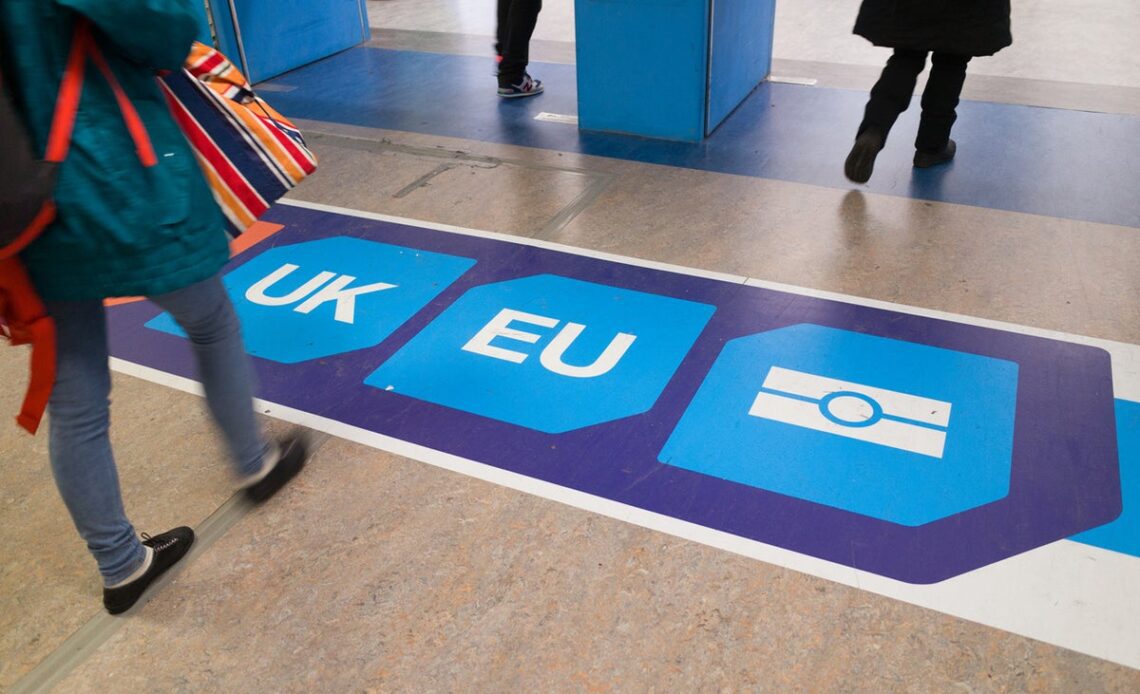Ninety-three weeks after the Brexit transition phase ended and the UK fully left the European Union, the government still is putting out false information on passport validity for the EU and the wider Schengen Area.
On its web page headed “Get a passport for your child”, the Home Office correctly states: “You need at least six months left on your passport to travel to certain countries”. The six-month requirement applies to a number of non-European nations such as Brazil, Egypt, Kenya, Thailand and the UAE.
But then the government wrongly claims: “On the day of travel to the EU, Switzerland, Norway, Iceland or Liechtenstein, your child will need six months left on their passport.”
The actual requirement is that all British passports must have three months left on the intended date of departure from the European Union.
The inaccuracy could lead to parents renewing passports unnecessarily early, perhaps paying extra for fast-track processing – or fretting that the child may not be admitted to the EU even though they are correctly documentated.
The EU also has a rule that a passport being less than 10 years old on the day of entry to the EU. All children’s passports pass this test: travel documents issued to under-16s have a maximum validity of five years, nine months.
The Independent has asked the Home Office to correct the information. It is unclear at present how long the false information has been in place.
Since the end of the Brexit transition phase, the government has repeatedly made it appear that European Union rules are stricter than they actually are.
In 2021, the government’s online passport checker wrongly asserted that children’s passports were not valid for travel to the European Union beyond five years even if they had originally been issued for longer.
In response to representations from The Independent, the Home Office took down the checker and corrected it.
Until April 2022 the government continued to maintain that some European Union countries imposed a stricter rule than the “under 10 years” conditions. Officials were unable to provide any evidence to support the assertion and eventually corrected the advice to travellers.
Journeys between the UK and the Republic of Ireland are covered by the Common Travel Area agreement. Residents and citizens of either nation do not need a passport to travel between them. Some airlines, notably Ryanair, ask passengers to have a valid passport.
Click Here to Read the Full Original Article at The Independent Travel…
